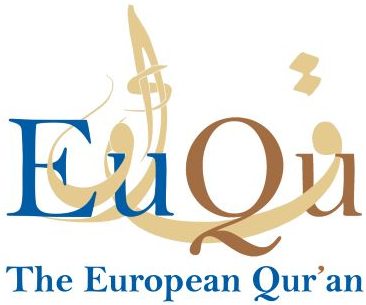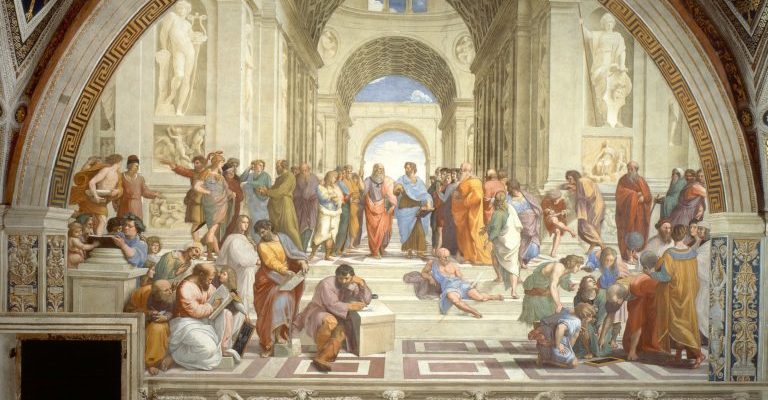12-15 September, Ca’ Foscari University of Venice
Keynotes: Vera Keller (University of Oregon) and Shaul Bassi (Ca’ Foscari University of Venice)
Three of our PhD students working within our ERC Project EuQu are going to participate in the conference :
- Loriana Salierno (Università degli Studi di Napoli L’Orientale) : «The Qur ʾāninto Latin: the Translation of Ludovico Marracci »
- Javier de Prado (Nantes Université) : «The Qur’an and the Propaganda Fide. Shared themes in the De procuranda salute omnium gentium (1613) and the Apologia pro christianareligione (1631) »
- Oliver Salem (Università degli Studi di Napoli L’Orientale) A
Comparative Analysis on the Evolution of Marracci’s Lexicon in Relation to the Qurʾān in Arabic
In recent years, the Covid-19 pandemic, climate change, the growth of global inequalities, and the emergence of global conspiracy theories have brought to the fore the political dimensions of knowledge by eliciting debates on issues such as post-truth, the crisis of expertise, and the control of data and information. Drawing inspiration from the pressing issues of today’s world, #ISIH2022 will use the lens of intellectual history to explore the mutual influence of ideas stemming from the political and cultural realms, ranging from philosophy to the sciences, the arts, and literature. We also invite material and social inquiries into the political and cultural conditions that inform knowledge construction at three different levels: its roots, its validation processes, and its implications. This type of approach, which investigates the politically-informed, ever-changing historical conditions of knowledge, is what we refer to as ‘political epistemology’.


